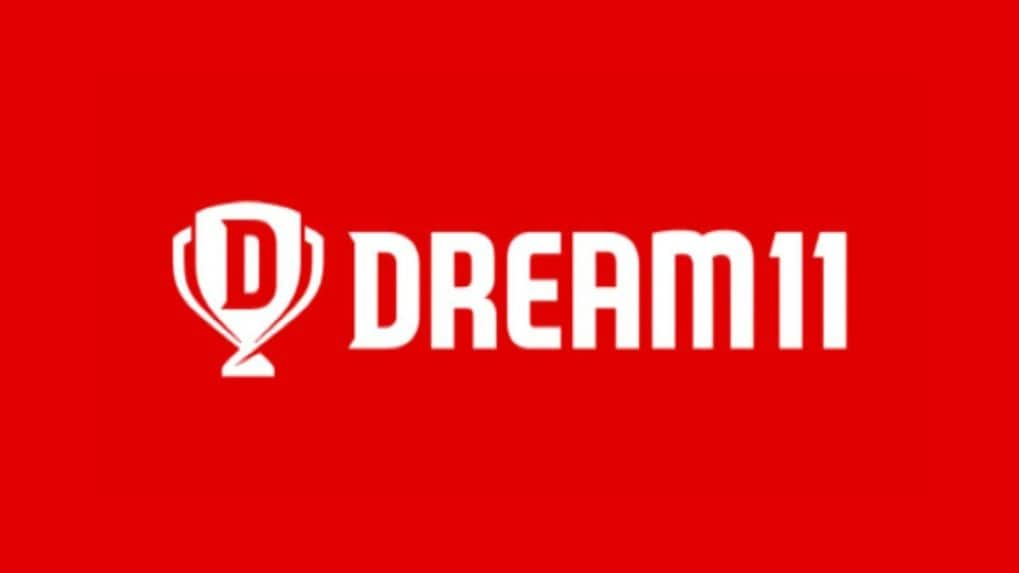"Still a sports-tech and not Ad-tech company," Vikrant Mudaliar, CMO of Dream11
Dream11 is bracing for a dramatic shift in its business model after the government’s ban on online money gaming, which has wiped out nearly 95% of its revenues.
ADVERTISEMENT
Fantasy sports platform Dream11 has officially transitioned to a free-to-play model, offering users the chance to compete for daily prizes while integrating selective advertising and sponsorships. According to Vikrant Mudaliar, the move is not a shift toward ad-tech but a continuation of Dream11’s sports-tech focus.
“Our philosophy is clear: few, but meaningful ads. If you open the app today, you’ll hardly notice them because they’re built into the user flow. No overkill, no spammy pop-ups,” Mudaliar said. “Our product remains unique—where else can you simultaneously create a fantasy cricket team, compete on a leaderboard, win rewards, and stream live matches? That’s not ad-tech. That’s sports-tech.”
The free-to-play pivot comes in the wake of new legislation The Promotion and Regulation of Online Money Gaming Act, 2025 which prohibts money-based online games in India. The law directly impacted paid fantasy sports contests. Dream11, which shut down all paid contests last month, now reports 10 million daily active users engaging with the platform across India’s metros and Tier 4 markets.
Dream11 is bracing for a dramatic shift in its business model after the government’s ban on online money gaming, which has wiped out nearly 95% of its revenues.
Dream11, founded in 2008 by Harsh Jain and Bhavit Sheth, was last valued at $8 billion following a November 2021 funding round that raised $840 million from investors including Falcon Edge, DST Global, D1 Capital, Redbird Capital, Tiger Global, TPG, and Footpath Ventures.
The platform’s user base spans diverse age groups, with 70% between 18–35 years and another 25% aged 35–60, providing advertisers access to one of India’s most engaged and representative sports audiences.
Mudaliar emphasized that advertising on Dream11 is designed to be additive rather than intrusive, often tied to major sports events such as the IPL or Women’s World Cup. Rewards from brand integrations can include match tickets, products, or exclusive fan experiences.
Brands across categories such as Swiggy, Astrotalk, and Tata Neu have already partnered with Dream11. “Ad monetization is now part of every digital ecosystem—from OTTs to e-commerce. Everyone has realized that advertising can be a healthy revenue stream. Our goal is to make it richer, more contextual, and something only Dream11 can offer,” Mudaliar added, underlining that the platform’s core identity remains centered on sports technology, not advertising.
On still being a sports tech company and not an ad tech firm, Mudaliar said, "Honestly, if we were making that much ad revenue, I’d take it as a compliment! But the reality is far from it. Right now, ads are very selectively placed—you’d struggle to even find them on the app. Also, our product is unique. Where else can you simultaneously create a fantasy cricket team, compete on a leaderboard, win rewards, and stream the live match—all in one place? That’s not ad-tech. That’s sports-tech."
Talking about sustaining the revenue model via advertising, Mudaliar said, "Sustainability won’t come from ads alone. At Dream Sports, we’re looking at the portfolio as a whole. Ads and sponsorships are one piece of the puzzle. Additional revenue streams from other offerings—content, experiences, fintech products—will supplement this."
"Will it take time? Yes. Will it reach the same scale as before? Time will tell. But this pivot is about building a diversified, long-term ecosystem rather than relying on a single model," he said.
Dream11’s shift to free-to-play shows that in the evolving Indian fantasy sports market, adaptability is key. By keeping sports at the core and monetization in the background, the platform is betting that engagement—and not just revenue—will define its next chapter.
Read More: “We will not challenge the law in court,” Harsh Jain, Dream11 CEO on RMG ban
Read More: “See you in second innings”: Dream11 signs off from Real Money Gaming


